Shocking Food Safety Scandals of 2024: What You Need to Know
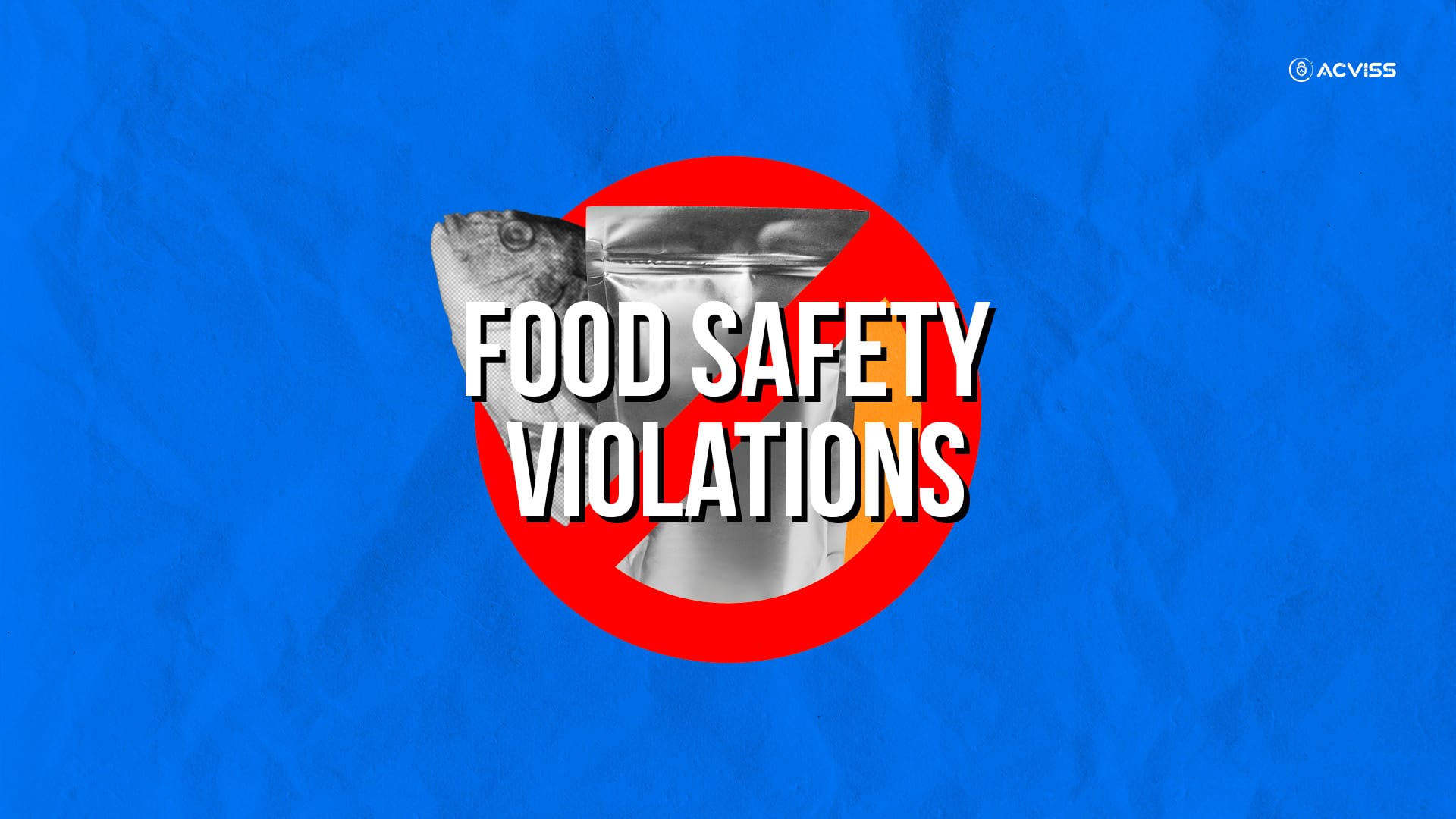
Public health and consumer trust depend critically on food safety. The need to follow food safety guidelines becomes even more evident as we enter 2025. Food safety violations have recently shown a concerning increase, which can have negative effects on consumer safety, brand reputation, and public health. This blog discusses noteworthy instances of food safety violations in 2024, underlining the need for supply chain traceability, anti-counterfeiting policies, consumer safety, brand protection, product authentication, security threats, and intellectual property (IP) in the food sector.
Overview of Food Safety Violations
Food safety breaches include a spectrum of problems, including inappropriate food handling, contamination, and disregard of health rules. Foodborne diseases resulting from these breaches may afflict millions of people annually worldwide. With around 600 million instances of foodborne diseases reported yearly, the World Health Organization (WHO) claims that contaminated food is a major factor in the worldwide burden of disease.
Statistics show a worrisome rise in food safety infractions from 2024. Reports from different areas showcase contaminated food, poor hygienic standards in restaurants, and false labelling of food goods. These infractions compromise the integrity of brands and the food chain, as well as customer safety.
Notable Cases of Food Safety Violations in 2024
A major public health problem, food safety, experienced numerous notable breaches in 2024 that caused a global protest. These eight noteworthy events draw attention to the constant challenges guaranteeing safe food processes.
Rat Found in Chutney at JNTU Hyderabad
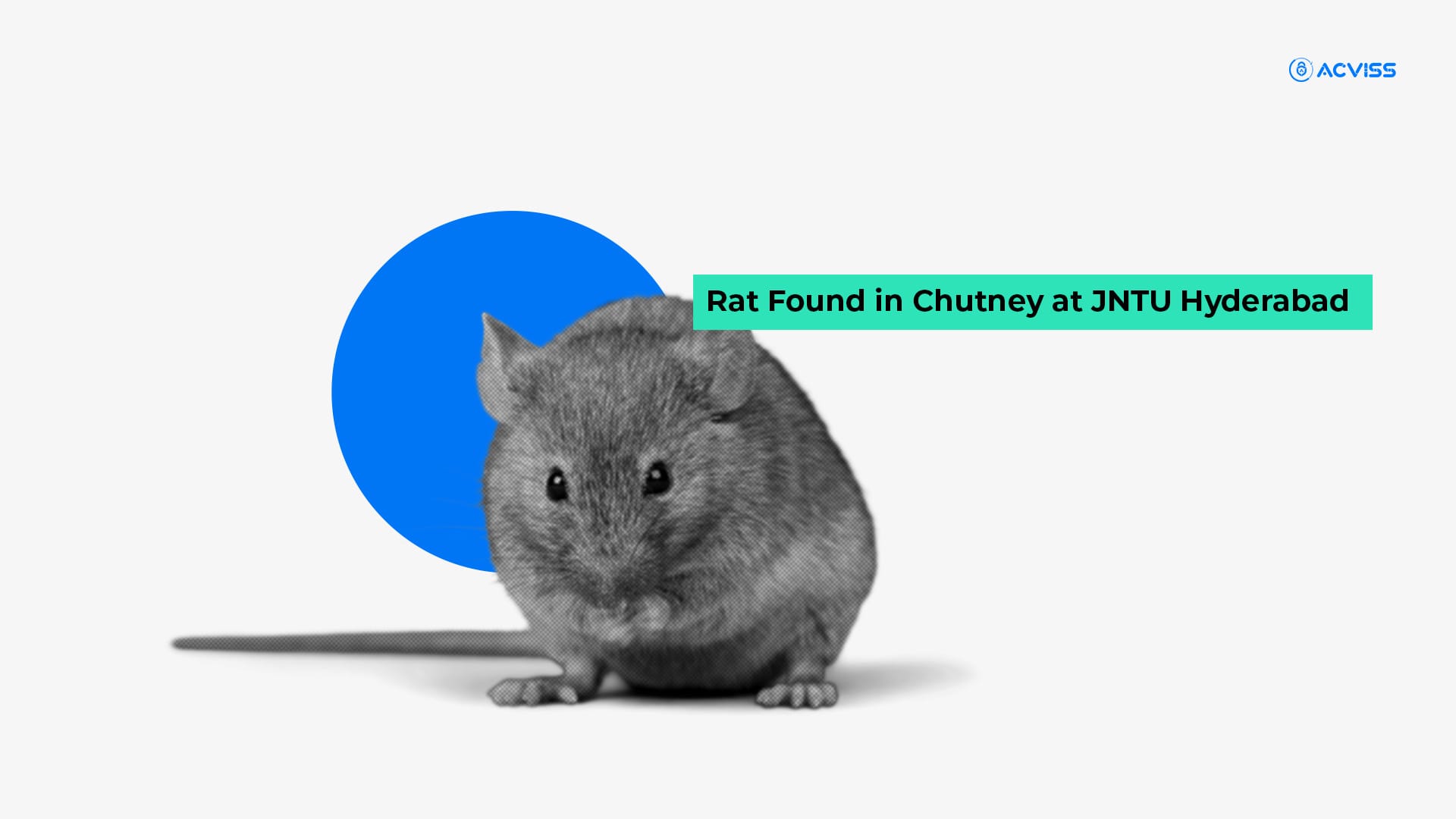
Students at Hyderabad's Jawaharlal Nehru Technological campus (JNTU) saw a rat swimming in a bowl of chutney, which was kept in the campus restaurant, in an amazing event. Local food safety officials started quick health probes after this event. The reveal caused major questions over the cleaning standards in the cafeteria, which led to demands for more control of food outlets at educational institutions.
The public response to this episode underlined the importance of better food safety rules at university cafeterias. Parents and students shared their anger and demanded responsibility from the university administration and better food-handling methods to avoid similar events in the future.
Expired Ingredients at Rameshwaram Cafe
Food safety officials found that a well-known Hyderabad restaurant, the Rameshwaram Cafe, was using old things during a monthly check. The cook turned up over one hundred kilograms of dated Urad Dal and other old goods. This transgression not only threatened customer health but also begged questions about the cafe's commitment to food safety standards.
The café's management reacted to the results with fines and a brief shutdown, among other measures. This example emphasizes the value of good inventory control and following food safety rules in protecting public health and maintaining customer trust.
Cloud Kitchens
The rise of cloud kitchens has changed the food service industry; restaurants run without a real eating area. This model has, therefore, also brought further problems about food safety. Several cloud kitchens were found in 2024, running without the needed permits and missing food safety standards. Studies showed cases of improper food storage, cross-contamination, and insufficient staff cleanliness training.
These offences seriously damage brand protection and consumer safety. Because cloud kitchens work secretly, customers might not know about the food safety policies—or lack thereof—behind the meals they place orders for. This emphasizes how important supply chain tracking is to ensuring safe buying and handling of food things. Strong tracking systems may reduce risks and raise customer trust in the food they eat.
Hygiene Violations Across Hyderabad Restaurants
Nearly half of Hyderabad's eateries failed to meet basic health requirements, according to a thorough review of the facilities, showing general cleanliness problems. Typical problems were dirty cooking facilities and food workers needing medical certifications. The findings caused public anger as many people worried about going out safely.
The local government responded by raising fines for non-compliance and increasing check frequency. This case highlights the constant difficulties food safety officials have in ensuring places follow clean guidelines, which can influence public health and customer trust.
Food Poisoning Incidents in Kerala
Several food poisoning claims emerged in Kerala in 2024, affecting many people and putting questions on regional food safety standards. Certain events related to well-known street food sellers showed the dangers involved with illegal food service settings. In reaction, the state requested that every packed meal from a restaurant include clear labels containing packing and expiry dates.
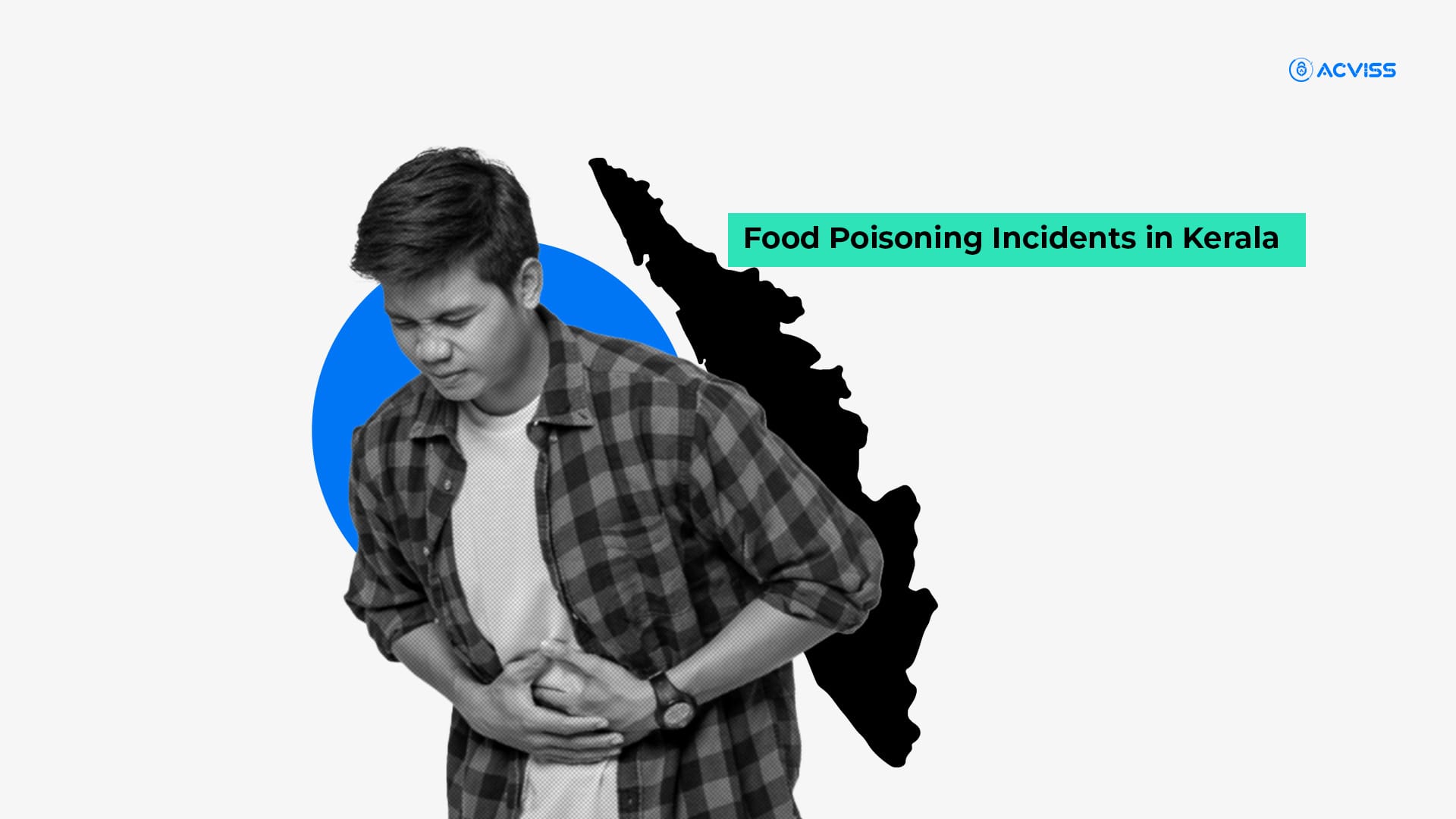
The fact that foodborne diseases still exist in Kerala stresses the necessity of constant teaching and application of food safety standards among traders. This situation tells us of the important role customers and regulatory bodies play in protecting food safety in different eating places.
Contaminated Food Products in the EU
Several cases of tainted food goods appeared in Europe in 2024, causing widespread recalls. Thousands of foodborne disease cases linked to tainted meat and dairy products have been reported by the European Food Safety Authority (EFSA). Regulating authorities reacted quickly to these events, running recalls and stepping up checks to avoid other outbreaks.
The situations stress the need for tracking and openness in the food chain. Ensuring that food items can be followed from farm to table helps officials quickly spot sources of contamination and implement needed public health protection measures.
Botulism Outbreak in the US
Linked to widely canned goods, a major botulism outbreak in the United States in 2024 caused many illnesses. To stop further cases, the outbreak drove tougher rules and checks for canned food goods. Within the USDA, the Food Safety and Inspection Service (FSIS) responded by improving food safety measures' tracking in food production companies.
This outbreak tells us very much about the possible risks related to badly treated food. It emphasizes the requirement of strict food safety standards as well as customer understanding of food handling and storage methods.
Salmonella Outbreak from Imported Eggs
In 2024, a salmonella outbreak linked to imported eggs affected hundreds of customers in several states across the U.S. Investigations showed that the eggs were sourced from a plant that failed to stick to safety standards. The Centers for Disease Control and Prevention (CDC) released warnings and instructions for customers, asking them to check the source of their eggs and ensure proper cooking temperatures.
This incident underscores the value of strict safety steps in the purchase of food items. It shows the need for regulatory bodies to ensure compliance with safety standards to protect public health.
Food Safety Violations in School Lunch Programs
Several school districts in the U.S. faced attention in 2024 after reports of food safety violations in their lunch programs. Inspections showed problems such as poor food storage, outdated items, and lack of cleanliness among food workers. These violations raised worries about the health and safety of students depending on school food.
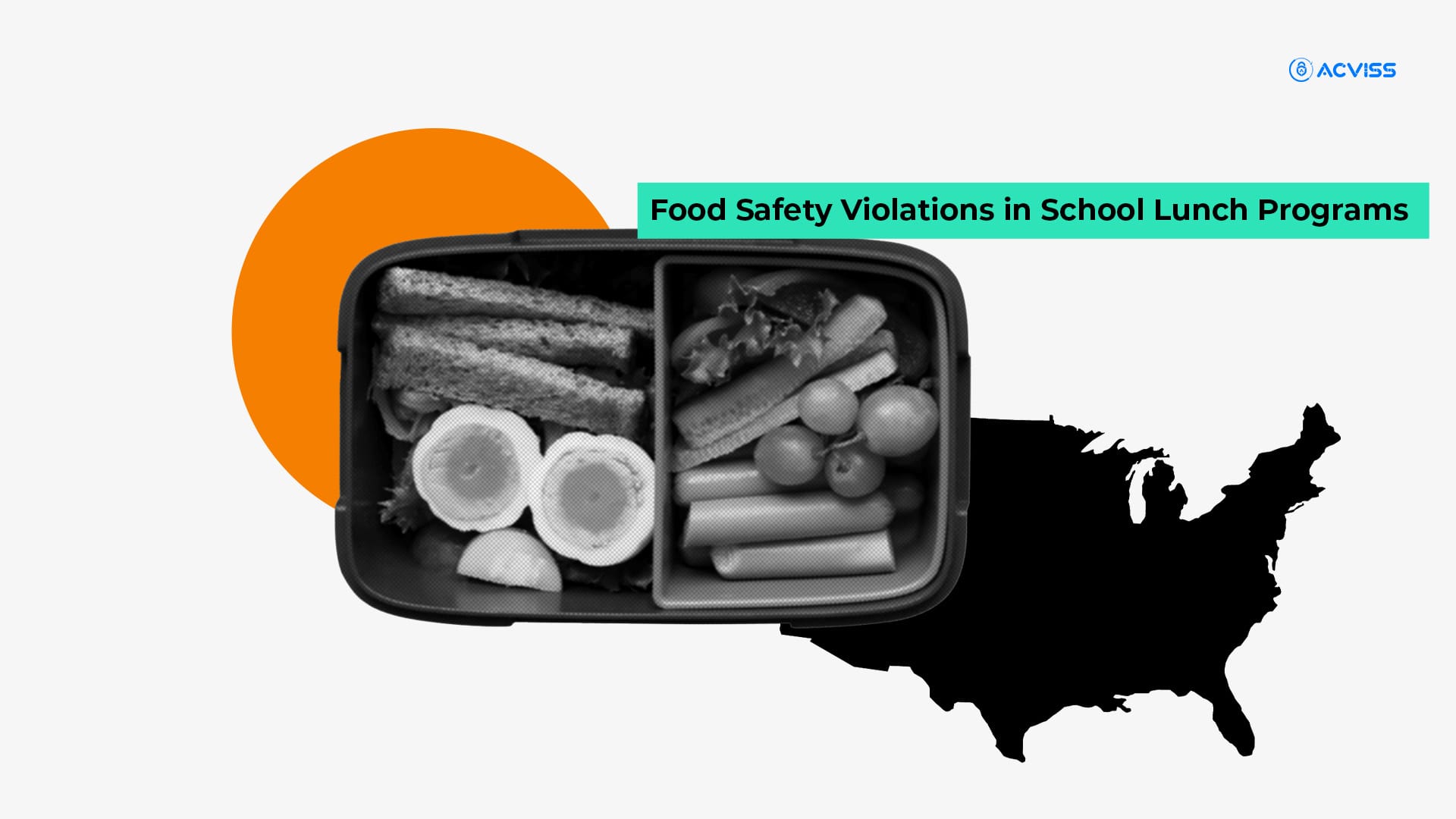
In response, many districts adopted new training programs for food service workers and raised tracking of food safety practices. This situation stresses the need for ongoing care and obedience to food safety standards, especially in organizations responsible for feeding children.
Listeria Contamination in Ready-to-Eat Meals
In 2024, a big food maker pulled several types of ready-to-eat meals due to possible Listeria poisoning. The recall was started after regular tests by the company showed the presence of Listeria monocytogenes in their goods. This pollution offered a major risk, especially for sensitive groups such as pregnant women and the old.
The company worked closely with health officials to tell customers and enable the recall. This incident shows the value of regular testing and tracking in food production to avoid dangerous sicknesses.
E. coli Outbreak Linked to Leafy Greens
An outbreak of E. coli linked to leafy greens in the U.S. led to dozens of illnesses across multiple states in 2024. Investigations tracked the pollution back to a specific farm that failed to stick to safety standards during gathering and processing. The outbreak led health officials to issue warnings and instructions for customers regarding the safe handling of leafy greens.
This case underscores the need for strict safety steps in farming methods and the importance of user education on food safety.
Unsafe Seafood Practices in Restaurants
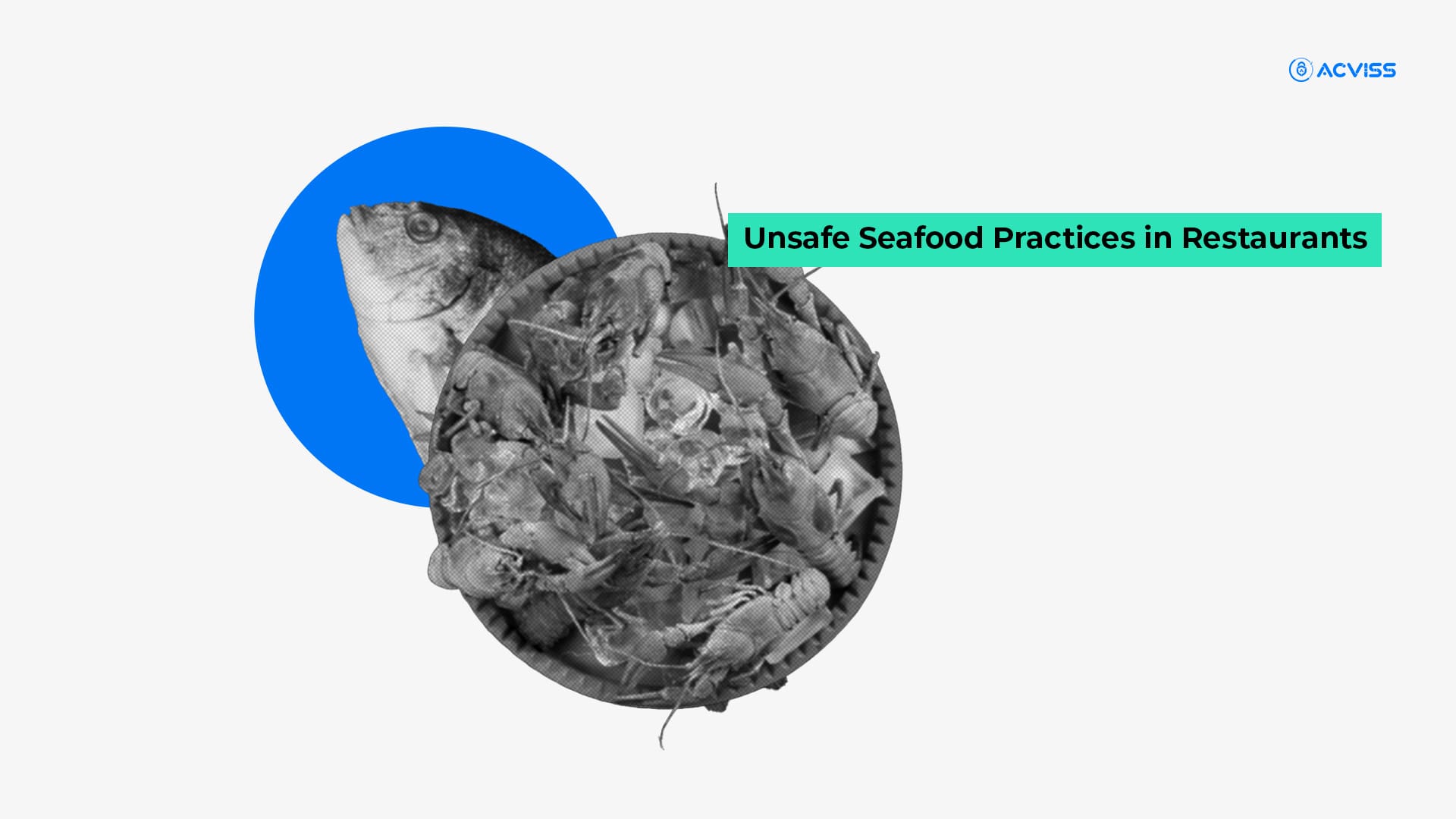
In 2024, checks of seafood restaurants in several coastal towns showed widespread dangerous practices, including improper storage temperatures and lack of proper marking for allergens. These breaches offered major risks to customers, especially those with seafood issues. Health offices reacted by issuing fines and briefly closing several businesses until compliance was reached.
This situation shows the critical need for food service providers to value food safety training and stick to laws to protect public health.
Fraudulent Labelling of Organic Products
A major case of food theft emerged in 2024 when several companies were found to be wrongly marking non-organic goods as organic. Investigations showed that these businesses were misrepresenting their goods to capitalize on the growing demand for organic food. The false tactics not only mislead customers but also weakened the integrity of the organic certification process.
Regulatory authorities took swift action, setting fines and removing approvals for the guilty businesses. This event emphasizes the value of openness and honesty in food labels to protect customer rights and public trust.
The Role of Technology in Enhancing Food Safety
Technological developments have transformed the approach to food safety control and enforcement. Innovations like blockchain, IoT (Internet of Things), and artificial intelligence are improving the authenticity and traceability of food supply chain products.
Supply Chain Traceability
Blockchain technology tracks food goods throughout the supply chain and presents a clear, unchangeable record. This lets interested parties confirm food item origins, guaranteeing that they satisfy safety criteria. Blockchain can also help with quick recalls in the case of a food safety breach, reducing the effect on public health.
Also Read : How Traceability Solutions are Reshaping Industries in 2024
Anti-Counterfeiting Measures
Anti-counterfeiting solutions are crucial for brand protection as food fraud becomes more complex. Thanks in part to techniques such as QR codes, holograms, and tamper-evident packaging, food goods are real and safe for ingestion. By keeping counterfeit goods off the market, these steps not only improve consumer safety but also boost brand protection.
Management of Security Risks
IoT devices' integration into food production and distribution enables real-time environmental condition monitoring—that is, temperature and humidity. Before they become major problems, this information may assist in spotting any security concerns like contamination or spoiling. Using technology helps businesses protect customer health and aggressively solve food safety issues.
Conclusion
When we consider the top incidents of food safety breaches in 2024, public health, brand reputation, and consumer confidence clearly have great stakes. The shockingly increasing number of infractions emphasizes the necessity of strong supply chain traceability, efficient anti-counterfeiting policies, and a dedication to consumer safety.
Food safety must be given top priority by all the players in the food sector—consumers, companies, and legislators. Encouraging compliance and openness will help us guarantee that the food we eat is real, safe, and devoid of dangerous toxins. Vigilance in food safety policies will be crucial going forward to preserve public health and maintain consumer trust in the food supply chain.